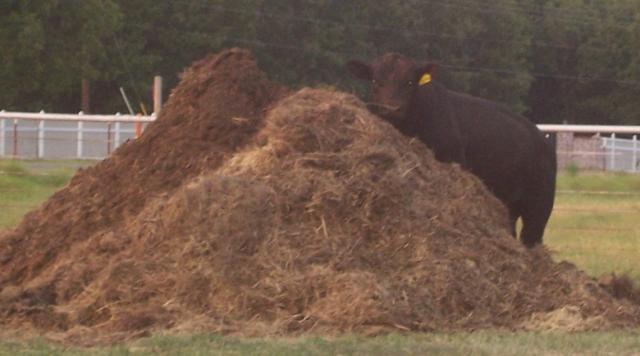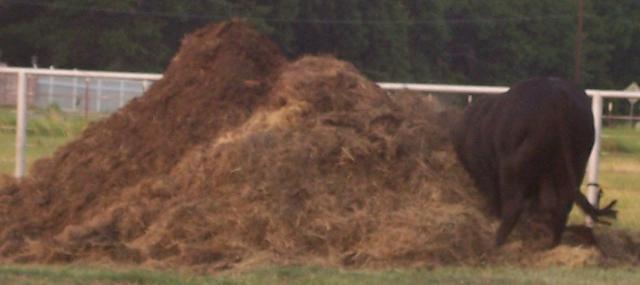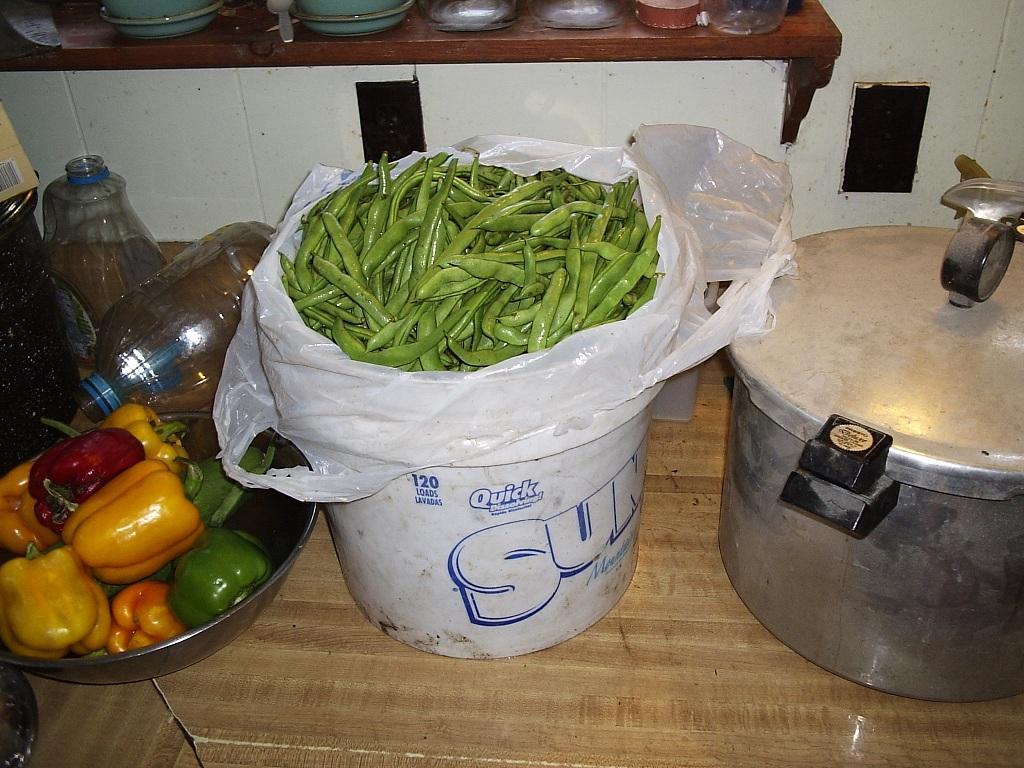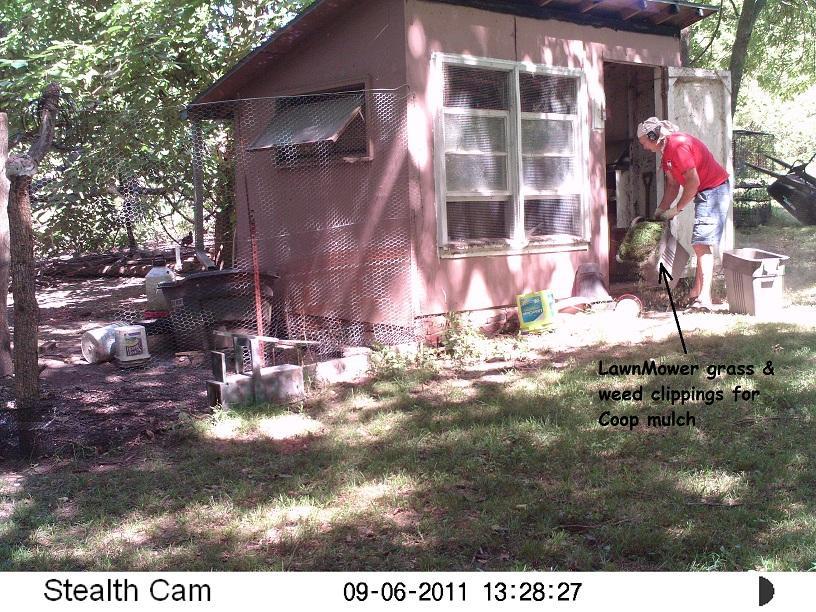Quote:
There are lots of studies on the 2 methods conducted by universities, extension offices and master composting classes. You can try Web of Science or Google Scholar to look up published papers on the subjects.
I have a couple of recaps somewhere around here in my library but I'll have to look for them.
In a nut shell tho', cold composting is simply laying out your compost materials layer by layer and then waiting for natural to go to work. Some folks call it lasagna composting because you just keep adding a new layer each week (or whenever). It can take a year or more before you get usable compost.
Hot composting usually involves a little more work. You want to get a big pile built up so that it retains heat in the middle of the pile. The centre will be the hottest and it gets cooler more towards the outside. There are microbes, bacteria and fungi that work best in different temperature ranges. There are basicaly 3 temperature ranges that certain decomposers work best in. Again I need to looks at my research books for exact temp ranges.
Anywho, hot composting tends to work best on large piles that get turned over every couple of weeks so that moisture is retained, oxygen is added and the decomposers migrate back to their prefered temperatur. That movement helps break down the compost in to good humus quicker than letting it sit for a year. Large commercial operations have special machinery to turn the compost. For us backyard composters it usually means a shovel, pitchfork or tiller.
Summary: cold composting is slow and lazy taking a year or more; hot composting is fast, takes some effort and can be used in a month or two.
There are lots of studies on the 2 methods conducted by universities, extension offices and master composting classes. You can try Web of Science or Google Scholar to look up published papers on the subjects.
I have a couple of recaps somewhere around here in my library but I'll have to look for them.
In a nut shell tho', cold composting is simply laying out your compost materials layer by layer and then waiting for natural to go to work. Some folks call it lasagna composting because you just keep adding a new layer each week (or whenever). It can take a year or more before you get usable compost.
Hot composting usually involves a little more work. You want to get a big pile built up so that it retains heat in the middle of the pile. The centre will be the hottest and it gets cooler more towards the outside. There are microbes, bacteria and fungi that work best in different temperature ranges. There are basicaly 3 temperature ranges that certain decomposers work best in. Again I need to looks at my research books for exact temp ranges.
Anywho, hot composting tends to work best on large piles that get turned over every couple of weeks so that moisture is retained, oxygen is added and the decomposers migrate back to their prefered temperatur. That movement helps break down the compost in to good humus quicker than letting it sit for a year. Large commercial operations have special machinery to turn the compost. For us backyard composters it usually means a shovel, pitchfork or tiller.
Summary: cold composting is slow and lazy taking a year or more; hot composting is fast, takes some effort and can be used in a month or two.






